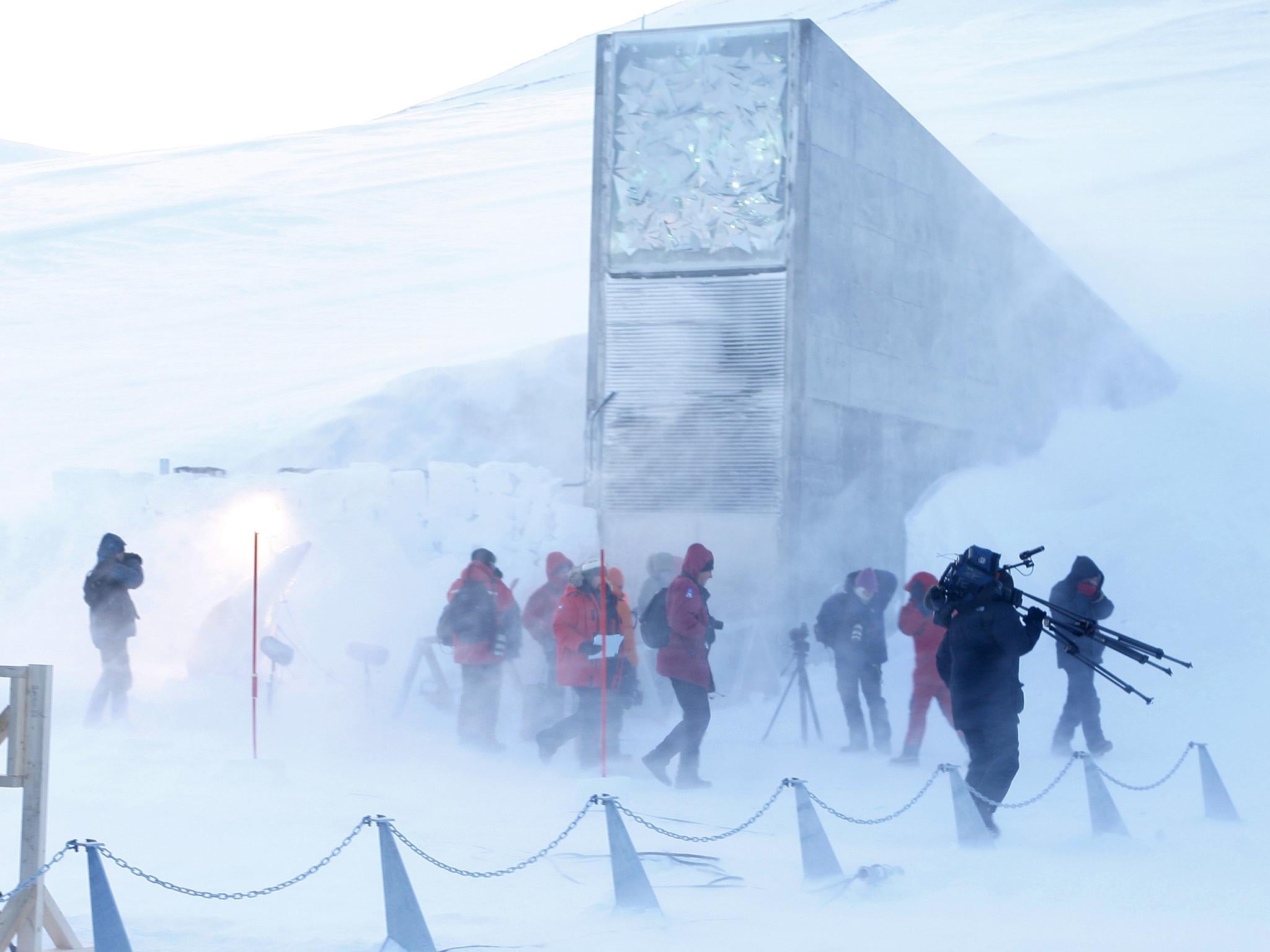Syrian civil war causes the first ever withdrawal from the 'doomsday bank'
The vault was established to protect the world's most important crops from cataclysmic events

Your support helps us to tell the story
From reproductive rights to climate change to Big Tech, The Independent is on the ground when the story is developing. Whether it's investigating the financials of Elon Musk's pro-Trump PAC or producing our latest documentary, 'The A Word', which shines a light on the American women fighting for reproductive rights, we know how important it is to parse out the facts from the messaging.
At such a critical moment in US history, we need reporters on the ground. Your donation allows us to keep sending journalists to speak to both sides of the story.
The Independent is trusted by Americans across the entire political spectrum. And unlike many other quality news outlets, we choose not to lock Americans out of our reporting and analysis with paywalls. We believe quality journalism should be available to everyone, paid for by those who can afford it.
Your support makes all the difference.The Syrian war has brought about the first withdrawal from the “doomsday bank”, a giant vault in an Arctic mountain that is meant to protect the world’s food in the event of a huge disaster.
Researchers in the Middle East have asked for seeds including those of wheat, barley and grasses, all of which are chosen because especially resistant to dry conditions. It is the first withdrawal from the bank, which was built in 2008.
Those researchers would normally request the seeds from a bank in Aleppo. But that centre has been damaged by the war — while some of its functions continue, and its cold storage still works, it has been unable to provide the seeds that are needed by the rest of the Middle East, as it once did.
The Arctic vault is designed to protect samples of seeds that could then be used to restart the plants’ growth in the event of cataclysmic events like an outbreak of disease or a nuclear war.
The International Center for Agricultural Research in Dry Areas was based in Aleppo, and looked after seeds for growing in dry areas for the entire region. It moved its headquarters out of the war-torn town and into Beirut in 2012, because of the Syrian conflict.
Now researchers from there have asked for 130 boxes, from the 325 that the centre had dropped off at the vault, according to Reuters. They are due to be sent once the paperwork is completed, according to a spokesperson.
The request for the seeds is exactly the kind of difficult event that the vault was established to help with, those behind it said.
“Protecting the world's biodiversity in this manner is precisely the purpose of the Svalbard Global Seed Vault," Brian Lainoff, a spokesman for the Crop Trust which runs the vault, told Reuters.

The Arctic vault was built in 2008 on Svalbard, an archipelago owned by and north of Norway. It is known as the Svalbard Global Seed Vault and is built to keep the seeds inside of it safe in any event — even if the power switched off, the bank itself could stay locked and frozen for another 200 years.
The vault includes more than 860,000 samples from countries around the world — and those behind it have long been looking to grow its library. Those behind the group hold the seeds so that they can be replanted in the case of problems, as well as examining the effect of climate change and other threats.
Join our commenting forum
Join thought-provoking conversations, follow other Independent readers and see their replies
Comments